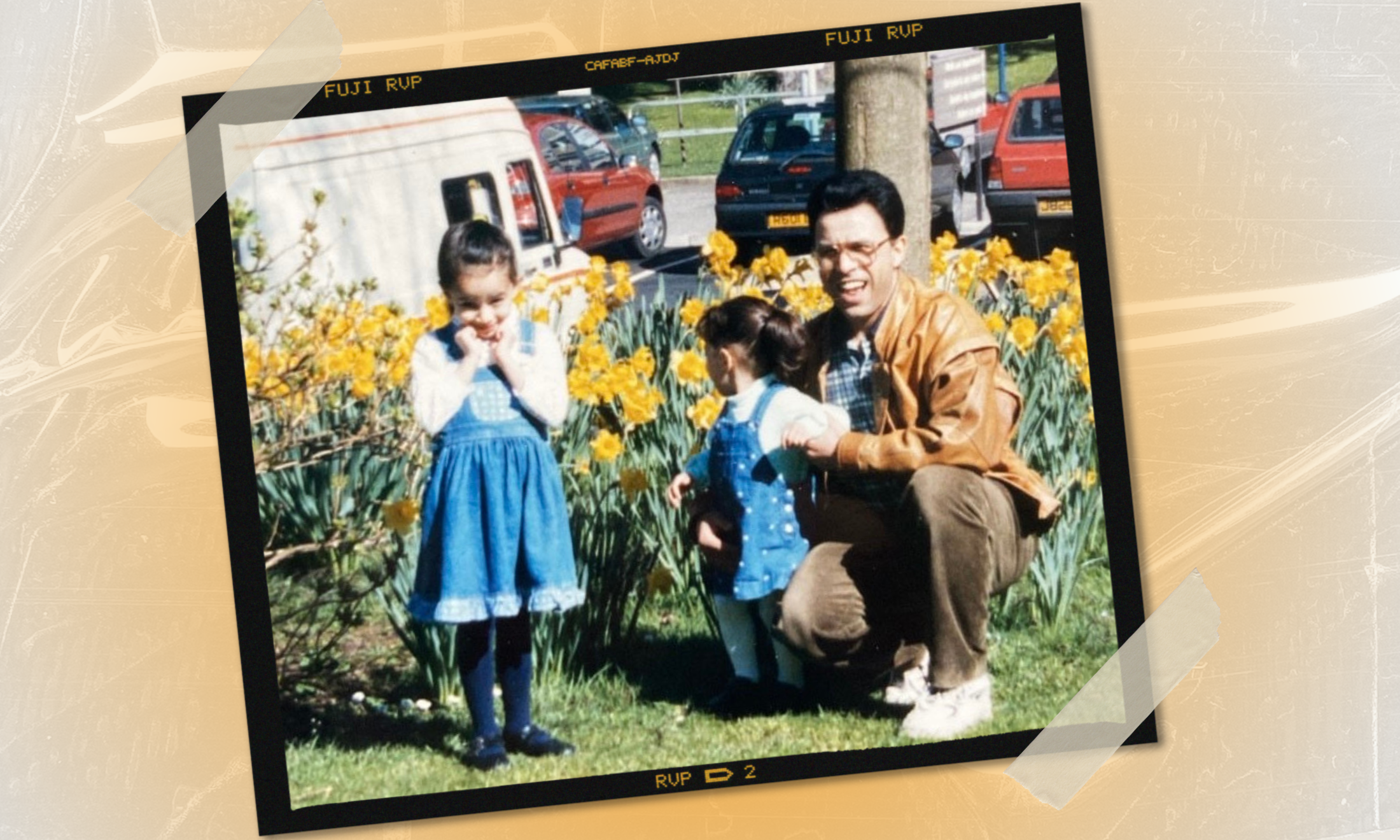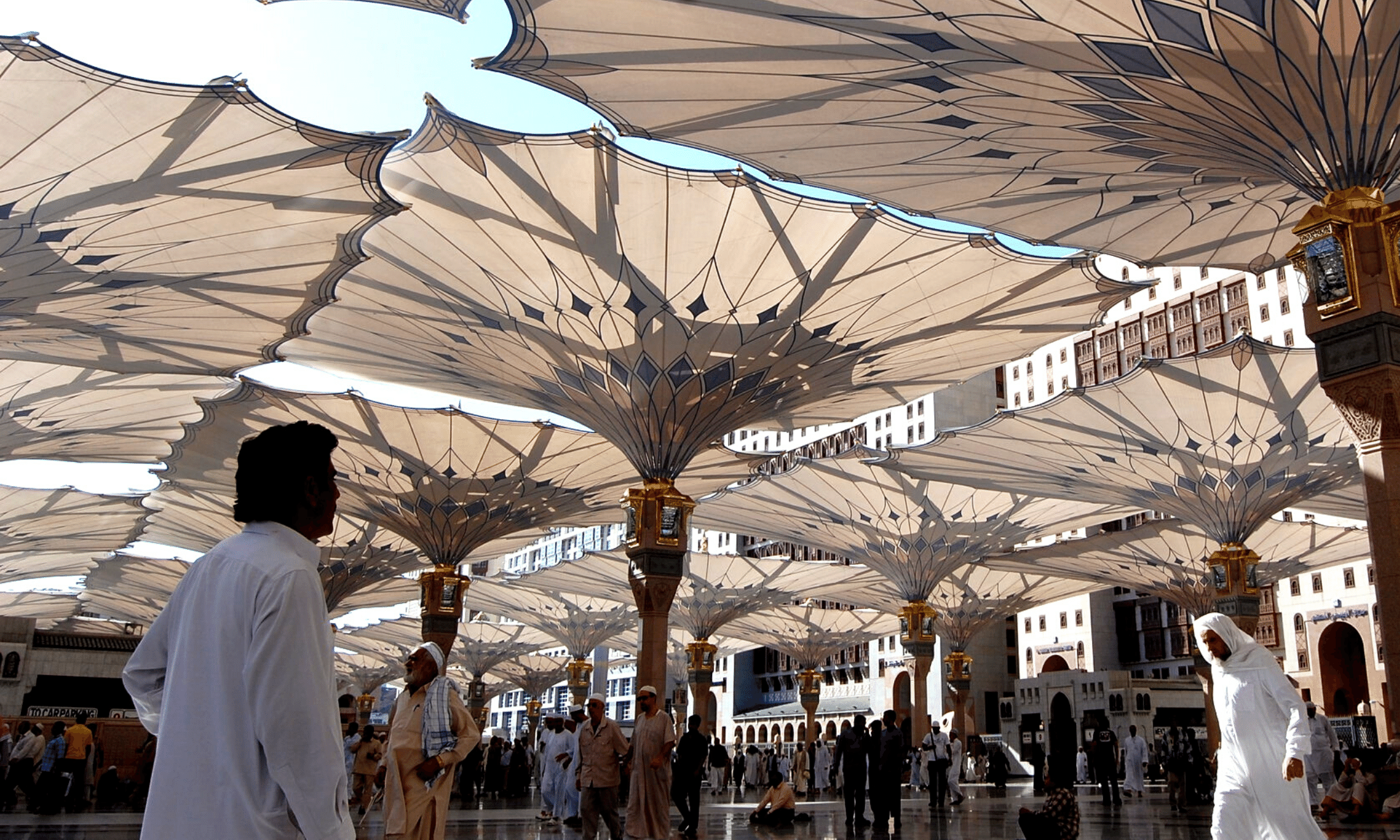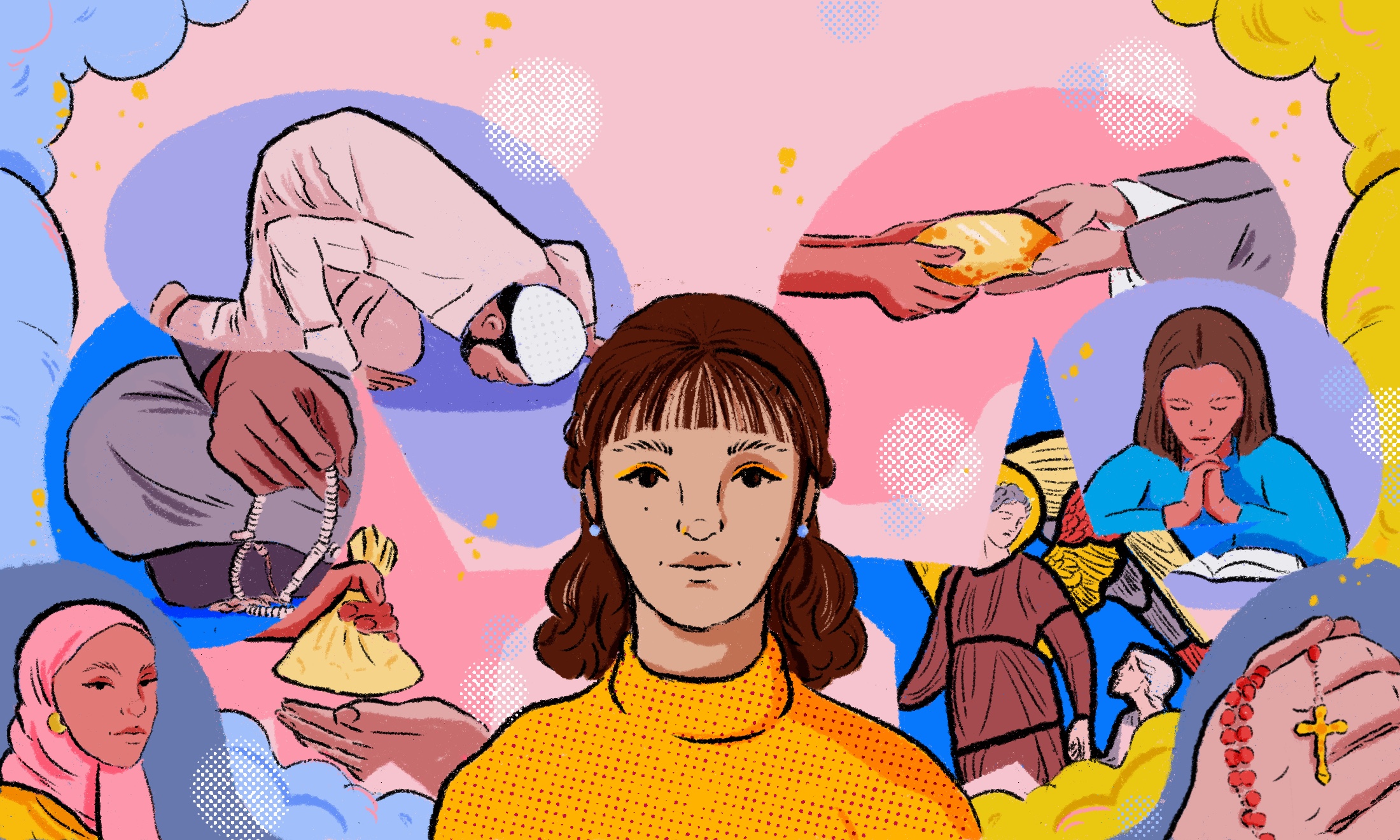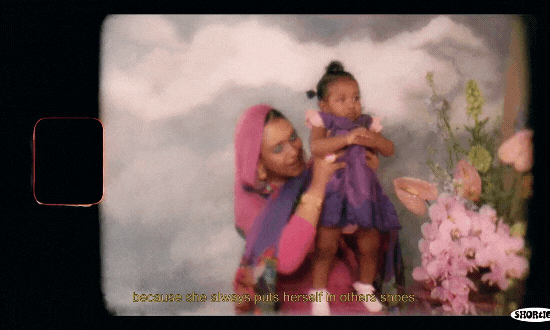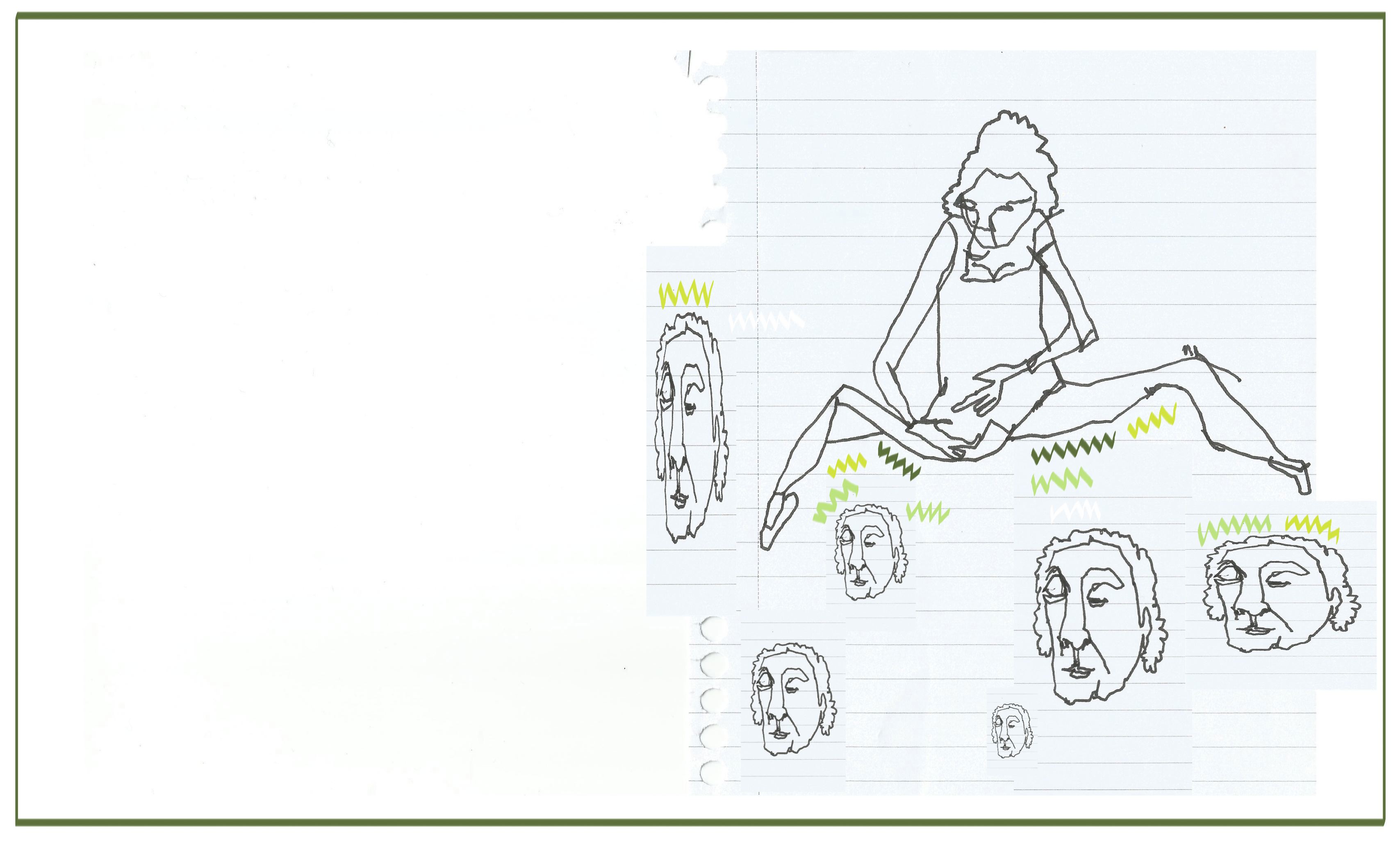
I remember the day I finally caved and asked my mum about the birds and the bees. I was around 12, and up until then I understood sexual activity as something that only “bad” people indulged in. It came as a surprise when my mum reassured me that sex is as natural to humans as eating or sleeping, and that there is nothing morally bad about engaging in it as long as it is done under the right circumstances.
However, I quickly came to realise that this liberal discussion about sex was not as normalised in my wider community as it was in my household. In the Somali community, sex is discussed using hushed tones, and is veiled under the pretence of privacy and shame. As young people, we are often warned of the detriments of rampant sex and of the fact that sexual activity outside of marriage is a sin in Islam, a religion practiced by most Somalis, but rarely of the benefits that can be reaped both emotionally and physically from consensual sex. For the most part, our parents shy away from discussing sex with us because it is seen as a deviant act, unless it is performed in private between a husband and wife.
Although I can understand that religion and their need to uphold an Islamic standard has an impact on the way that sex is discussed in our community, I also feel that it is important that we break the taboo and silence and explore it in an open and healthy way. Though never explicit, it is unrealistic to expect or believe that young Somalis do not engage in premarital sex at all. For this reason, we need to implement the societal changes that will allow us to have these conversations both amongst ourselves and with our elders.
In talking to friends about their experiences of discourse around sex, it becomes clear that this shroud of silence is something that they too are familiar with. “I think to some extent it is because the Somali society, for the most part, is very religious. Many of our values and ideals come from Islam and one of them is modesty. Whilst sex is something completely natural, many feel that it is ‘immodest’ to speak about…”, says one friend, Layla*, who is 22.
This is a sentiment shared by Sara*, also 22: “…it is often considered shameful to talk about sex – at least for females.” It is useful to acknowledge here that both of the friends I spoke to in this article chose to remain anonymous, which in itself is an indication of the prevailing unease in discussing sexual matters openly in our community. Of course, many may choose to have these dialogues openly but the fact still remains that even as young Somalis of the diaspora, we still find it difficult to embrace our sexualities in a manner devoid of embarrassment or fear of judgment.
This resistance to dialogue about sex, coupled with the sense of shame that permeates the topic, often leaves young people to turn to avenues of sex education that are far from accurate. A study by the NUS in 2014 found that a staggering 60 percent of students turn to porn to find out more about sex, while 40 percent claimed that porn was imperative to their understanding about sex. With sex education in schools coming under increasing scrutiny for its insufficiency in teaching students enough about consent and relationships, it is worrying that this is also being mirrored in the home environment.
I can’t remember much about my own sex education lessons beyond learning about STDs and putting condoms on plastic penises, and Layla echoes this: “I remember I had a [sex education] lesson in Year 6 and I felt so uncomfortable. I told my dad that I didn’t want to be there and he told the school. I don’t even think they were discussing sex to be honest – I think it was just about puberty in general but they showed a diagram of the female reproductive organs and that was it for me.”
I found sex education in school off-putting and irrelevant to my own experiences, and this discouraged me from seeking knowledge on the topic from my teachers. Sadly, inadequate guidance from teachers and our parents generates the perpetuation of myths and falsehoods around sex and sexuality which leaves young people feeling helpless, misinformed and confused. Talking frankly about sex in the Somali community is often awkward and is met with discomfort at best, and hostility and suspicion at worst. When I asked my mum about whether this is because parents may feel that by avoiding discussions on sex they are deterring it, she replied: “I don’t think so, but I think that parents often wait for a ‘right time’, and sometimes that time comes too late.”
When you add to this the fact that the Somali community practices female genital mutilation (FGM) which greatly inhibits a woman’s sexual pleasure, it becomes clear that avoiding inter-generational dialogues surrounding sex and sexuality can be detrimental to young women. UNICEF describes FGM as a procedure “involving partial or total removal of female genitalia or other injury to female genital organs.” In Somalia and in other parts of Africa, Asia and the Middle East, FGM is prevalent and primarily performed on prepubescent girls.
Many women I know, including my mum, aunties and grandmother have been cut at a very young age, and this has harrowing and life threatening consequences. Difficulties during penetrative intercourse and childbirth result in internal injuries, and the pain and trauma of the procedure leave women emotionally scarred. The Somali community has come a long way in debunking the myth that FGM is vital to a woman’s health and social standing through community initiatives both in and outside the country, and the normalisation of the practice has been curbed massively in the last few decades. I believe that a similar community-wide effort is needed in regards to sex – by creating safe spaces where young people can talk honestly about sex with their parents, many of the harmful, inaccurate notions that pillage our community will cease to exist.
The only way for us to lay the foundations for uncensored discourse around exploring sexuality is through education. As Sara puts it: “…we need to be more open. And we need to stop blaming religion for our shying away from it. Islam doesn’t prohibit Muslims from talking about sex in any way, it does set guidelines, yes, but that doesn’t mean it’s a word we can never mention.” In our conversation, my mum also stressed the importance of education in breaking the taboo: “Now that the Somali community is finally opening up about FGM, I think the natural progression should be sex. And this comes from educating the parents first.”
*Names have been changed


